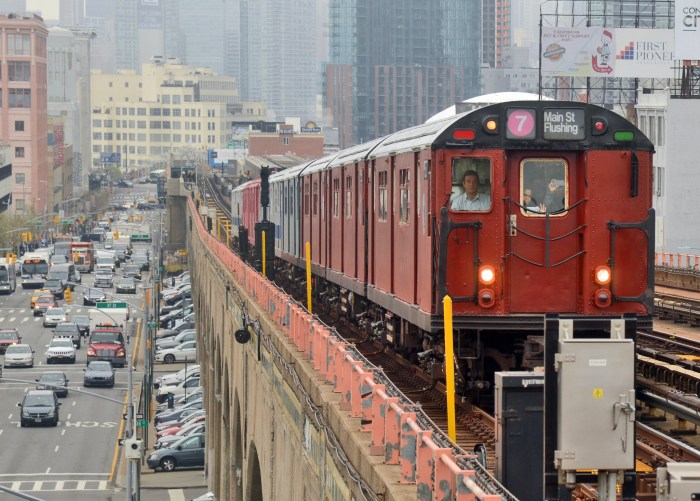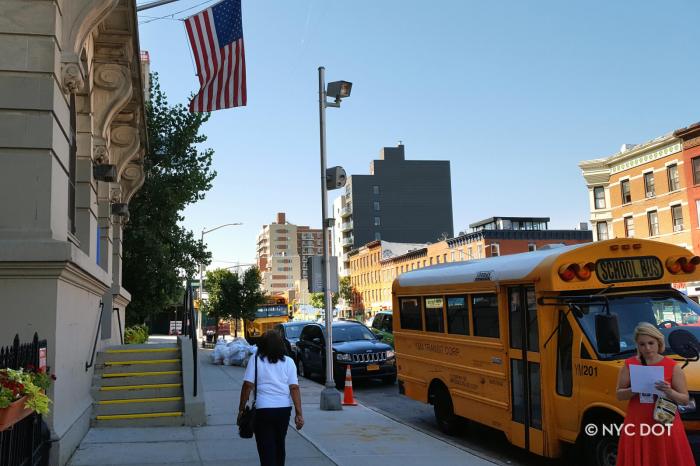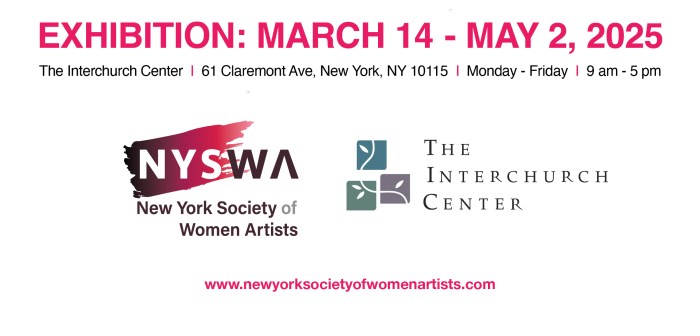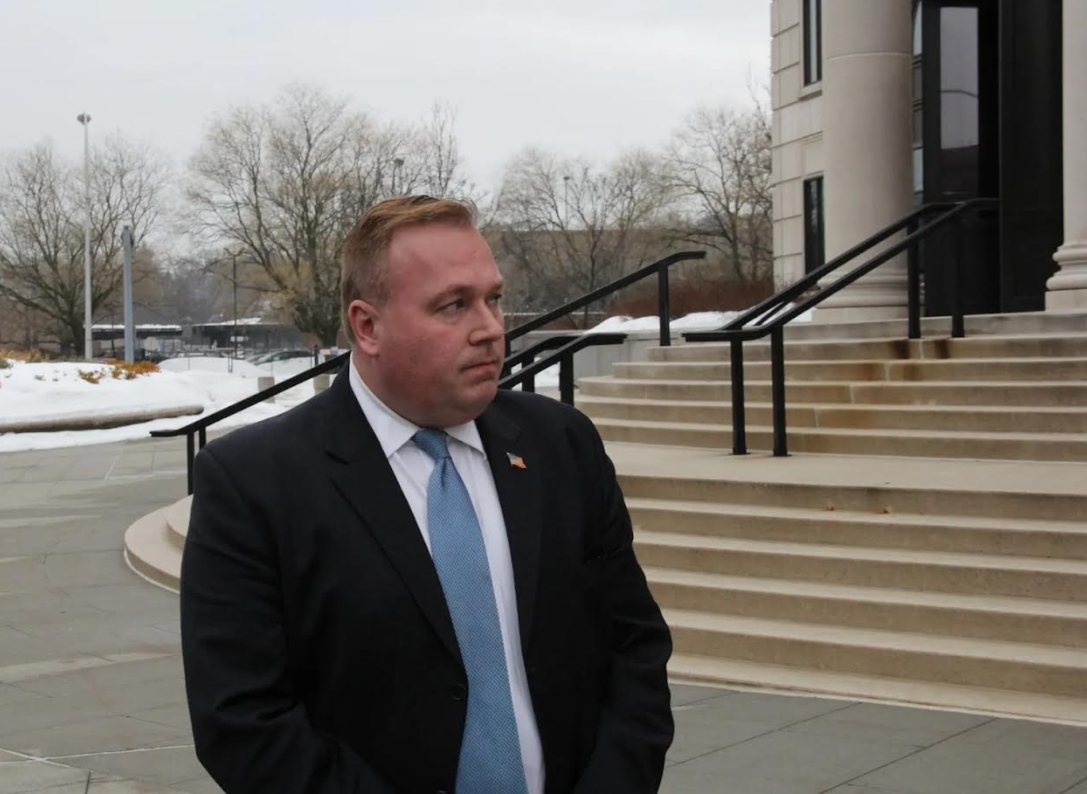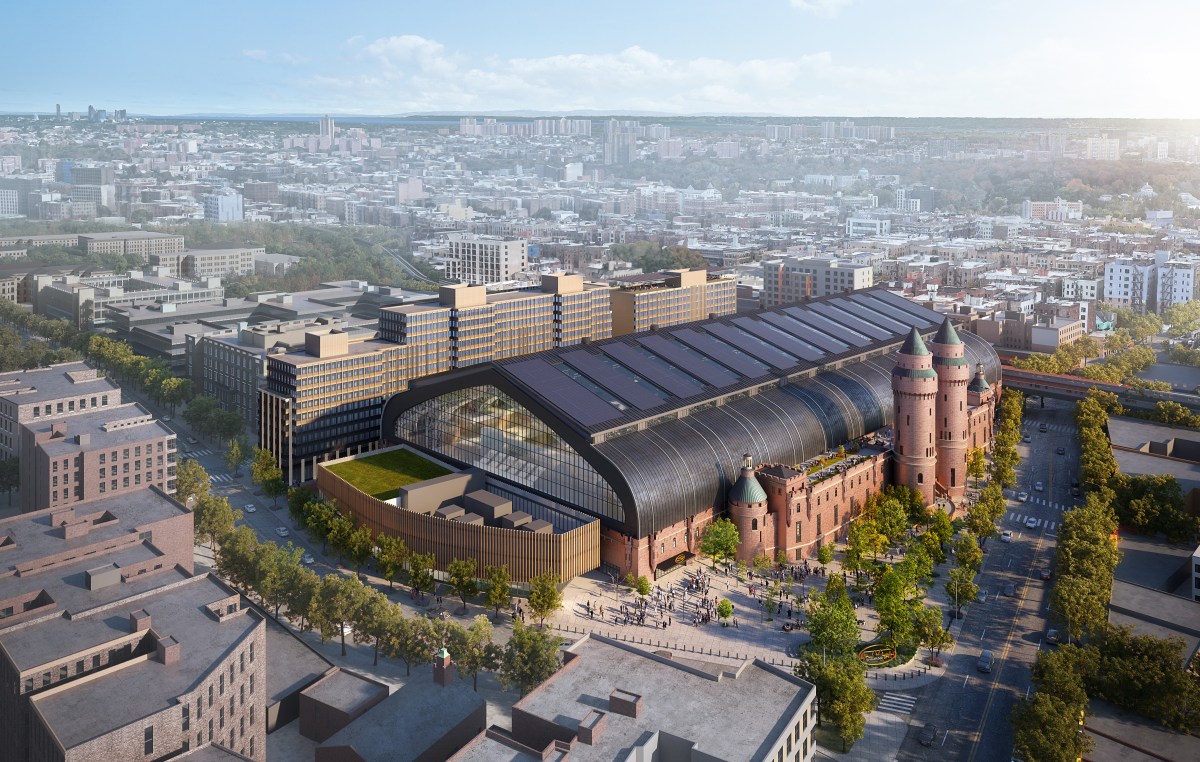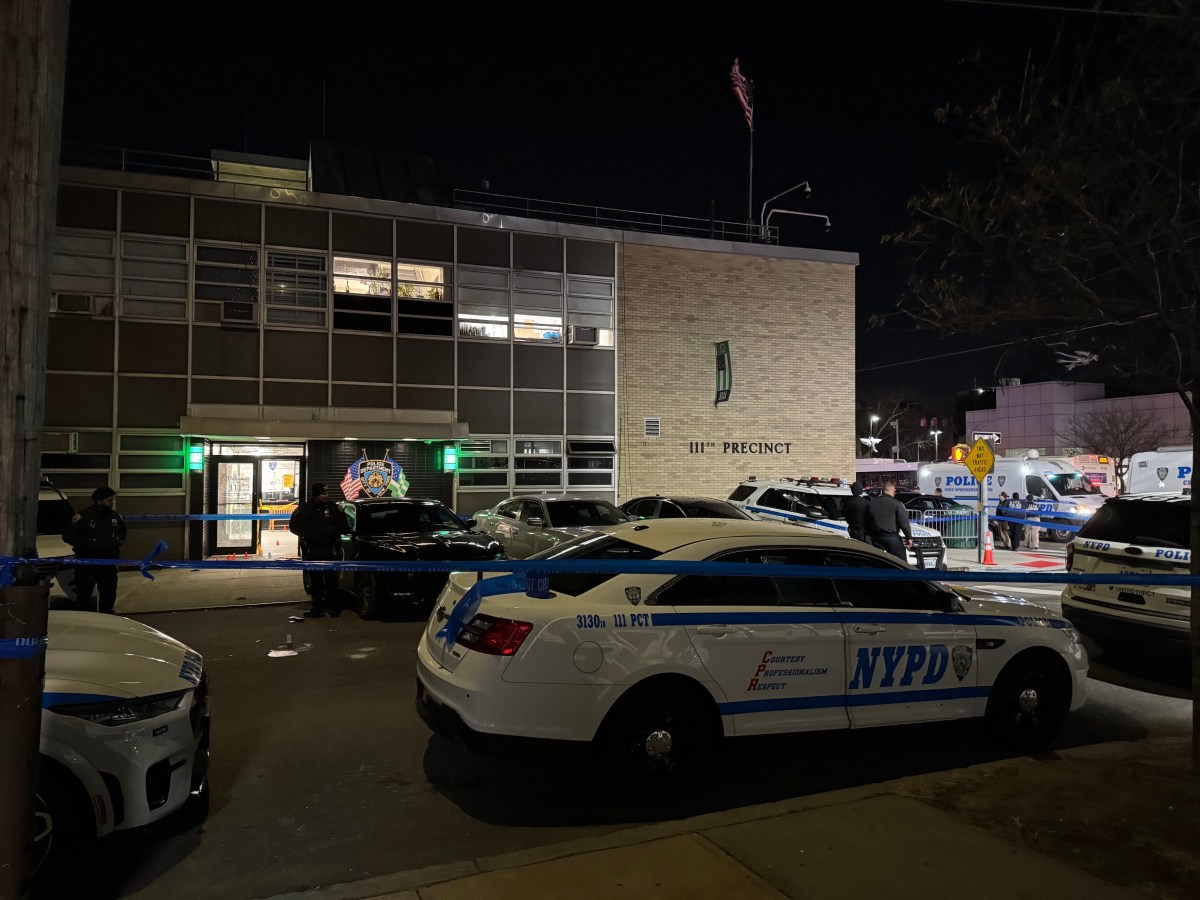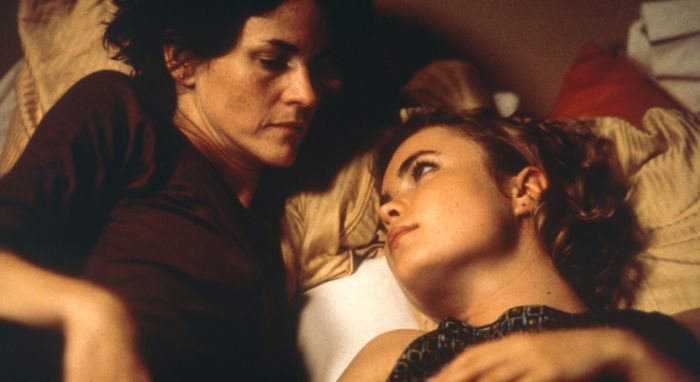
The MTA announced eight winners of the Genius Transit Challenge Friday, awarding close to $2.5 million in cash prizes and promising to invest in and develop the winners’ plans to increase the efficiency of the subway system.
The winners submitted proposals across three categories — subway cars, signaling and communications.
One of the winning ideas include adding more cars to subway trains without elongating platforms, which would sort out stations into A and B categories and allow for selective boarding, according to the MTA. The plan, which is aimed to decrease overcrowding in the subway, was pitched by a New York-based lawyer, Craig Avedisian, who won $330,000 for his proposal. He plans to use the money won toward his two kids’ college education, he said.
The main challenge to implementing his approximately $11.7 billion dollar plan is communicating with riders on where they can and can’t board, which can be solved by installing color-coded strips on platforms, Avedisian said.
“Adding more subway cars to trains to expand capacity costs a lot less, and can be implemented far more quickly, than building new stations and tunnels,” Avedisian said in a statement. “The idea provides enormous flexibility to deliver capacity where it is needed, and even leaves room for future growth.”
Bechtel Innovations won in the communications category for a plan to develop a semi-automatic robotic system that would install communications infrastructure throughout the tunnels, and would also be able to “climb off the railways, into stations, and onto platforms,” according to the MTA. Bechtel pledged its $500,000 prize back to the MTA to develop the robotic system.
Other ideas included an advanced, wireless signaling system to increase accuracy and avoid delays within the subway, proposed separately by transportation engineer Robert James and Metrom Rail; implementing sensors and cameras that would negate the need to have heavy equipment on tracks that can cause delays, pitched by signaling firm Ansaldo STS and a multinational electric systems organization, Thales Group; and exploring new materials like carbon fiber to manufacture a new subway “car of the future” by train car producer CCRC, which pledged an initial investment of $50 million to make their idea a reality.
“People from around the world delivered groundbreaking solutions that truly represent a new wave of innovation for the MTA, and we are more excited than ever about the future of New York Subways,” said MTA Chairman Joe Lhota in a statement.
“The substance that was brought to bear is one that we will absolutely follow up on. There are great ideas here, all of which will help make the subway system operate more efficiently and effectively. And we are moving forward,” Lhota said.
Some New Yorkers remained unconvinced of the hype around these new ideas introduced in the competition, which was launched by Gov. Andrew Cuomo in the summer of 2017 to attract fresh voices and to modernize the city’s transit system.
“These largely redundant or silly ideas do not live up to the hype that this plan would fix the subway,” Doug Kellogg of a local nonprofit, Reclaim New York, said. “This amounts to another publicity gimmick from the MTA to avoid being held responsible for their failure to run trains on time despite massive costs. We’ve wasted months on this, and we’re no closer to getting to work, or home, reliably.”
According to New York City Transit President Andy Byford, however, his staff will soon get to work researching the proposed ideas.
“All the winning ideas will be thoroughly vetted and further developed as quickly as possible with future procurements subject to any required MTA Board approval,” according to a statement from the MTA.





